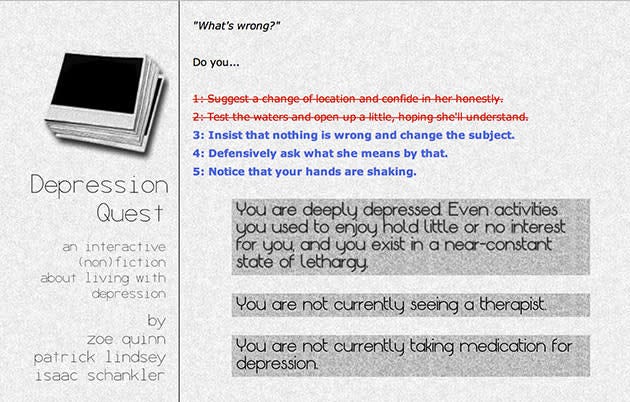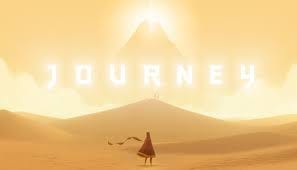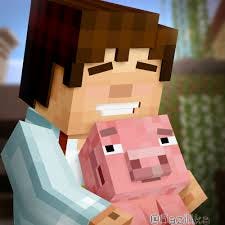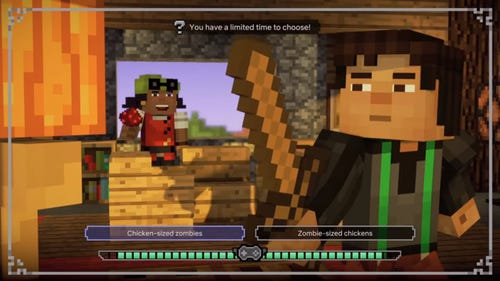Games With Meaning
Games That Stick With You—Long After You Put Down the Controller
Hi, I'm David and Creating for Godot is my place to talk about what I love most: making video games with my son 13-year-old Luke. Last year, we released a roguelike called Brawlberry. Now we're working on an Irish-themed Survivorlike called Sons of Dagda. This is my place to talk about our development and to nerd out on all things games and game dev.
Games sometimes get a bad rap: a waste of time, mindless entertainment. Every gamer’s mom has likely kicked them outside because they’ve been “staring at the screen” for too long. Now, as a parent, I understand that perspective a bit better. I want my kids to have balance — something I struggle with myself.
Yes, my son can stay on the computer a bit longer if he’s playing a game with me, with friends, or doing something productive like game development. But in general, I agree that we shouldn’t be mindlessly staring at a screen all day, especially at a young age, when we should be learning, expanding our minds, and building our bodies.
When Luke, was young, I took it as a bit of a challenge ,of course we played the fun braindead explosion filled romps through hordes of enemies with shiny rewards (I'm not the kind of monster who would deprive my son of that). But, I also wanted to introduce him to the other side of games and so we played games with meaning . These are the types of experiences that leave you staring at the night sky after they end, thinking, "Fuck."
I sought out games with meaning—games that had a purpose or a message to share. I knew they were out there because I had stumbled upon one during a time of need. Ever since then, I’ve kept an eye out for games with a more artistic expression.
Depression Quest (Yes I know about Gamergate etc..) is a great example of a game with meaning. While it’s not a great recommendation for a five-year-old, for me, it arrived at a moment when experiencing something in gameplay that resonated with my own emotions felt truly transformative. The gameplay and message were seamlessly intertwined
It’s a fairly simple "choose your own adventure" game where the main character struggles with mental health. Make positive choices—therapy, talking to a friend, or taking medication—and your character moves in a healthier direction. Make negative choices—avoiding connections, refusing help, or neglecting self-care—and suddenly, some of your in-game options are no longer available. You know what you should do, but you can’t. Gameplay and message are perfectly intertwined.
Such a simple mechanic encapsulated my feelings so completely. But for Luke, he didn’t need a game to teach him what depression feels like. At age five, he needed games to expand his mind, show him new and interesting experiences, and help him explore his emotions.
Journey: A Beautiful Experience
Journey tells the classic hero’s story from Joseph Campbell’s seminal work. However, it does so without any words or text—just music, art, and emotion. It’s a beautiful, short game with highs and lows. As soon as I realized Luke was old enough, I perched him behind me, leaning over my back, as we played through each beautiful section. We swapped the controller back and forth. As he got sucked into the experience, I stepped back and watched him, not the game.
Austin Wintory’s score is acclaimed for a reason. One of the best parts of being a father is seeing the wonder in your child’s eyes as they experience something new. Children don’t have the social layers to hide what they’re feeling, and watching Luke grow fearful as his character slowed to a snail’s pace, followed by his elation when gliding through the air, was amazing. He felt the whole story, he wasn't told it.
I don’t know what meaning he drew from the game—maybe none. But that experience has stuck with both of us and remains a constant reference in our game design conversations. Journey is true art.
Curating Games with Meaning
I kept this up for as long as Luke would let me. I curated what was in the house, guiding him toward what I thought he’d enjoy. Over time, he developed his own taste in games (he now enjoys a different taste in games than I do, which I find hilarious). Now, he brings me games to play and talk about. Instilling this mindset at a young age helped us connect as co-creators in our games. He knows my influences because I introduced them to him as soon as I could. It was worth it.
The Pig Called Reuben
I’ll leave you with one last story—one that my wife and I talk about often. It’s a cornerstone story in our family and defines my view of Luke, probably until the day I die. It all starts with a pig called Reuben.
Minecraft Story Mode was a game Luke brought to me. He was an avid Minecraft player (virtual LEGO, another great game of meaning for raising an engineer), and he had to have this game. It’s an episodic story-based game where you listen to the story and make one of four choices in response to the situation. Since Luke had only just started reading, I was hesitant to get it for him. I didn’t want him to be discouraged, but he persisted, so we started buying each episode as it came out. He played happily, often replaying episodes.
One day, while I was at work or college, I got a call from my wife—distraught and crying. I immediately dropped everything to calm her down and find out what had happened. Through her gasps, I heard: “The pig died.”
Luke had been playing this game for weeks. In it, the main character has a pet pig named Reuben who follows him on all his adventures. My wife was going about her day when she noticed a strange silence in the house (complete silence with kids is never good). She looked up and saw Luke standing there, blank-faced.
“What’s wrong?” she asked nervously.
“The pig died,” he replied—and then he broke down crying.
For us, this was Luke’s Bambi moment. I don’t know what Disney was trying to teach kids with that scene, but these Minecraft developers pulled it off brilliantly. Luke was invested; he was enthralled. He was devastated. Maybe some think it’s cruel to want that for your kids, but for me, I couldn’t be happier.
And that’s the heart of it, isn’t it? Games can be so much more than just entertainment—they can teach, inspire, and connect us. They can help us explore emotions, ideas, and relationships in ways no other medium can. Whether it's learning about loss through a pig named Reuben, feeling the exhilaration of discovery in Journey, or reflecting on mental health in Depression Quest, games with meaning remind us that even while staring at a screen, we’re not just wasting time. We’re expanding our horizons.
That’s all for this week. Games with Meaning is a title I’m really proud of because it encapsulates how I feel about the experiences I look for in games. They’re not just a time waste—they’re art.
What game with meaning have you experienced in your life?
Thanks for reading!






